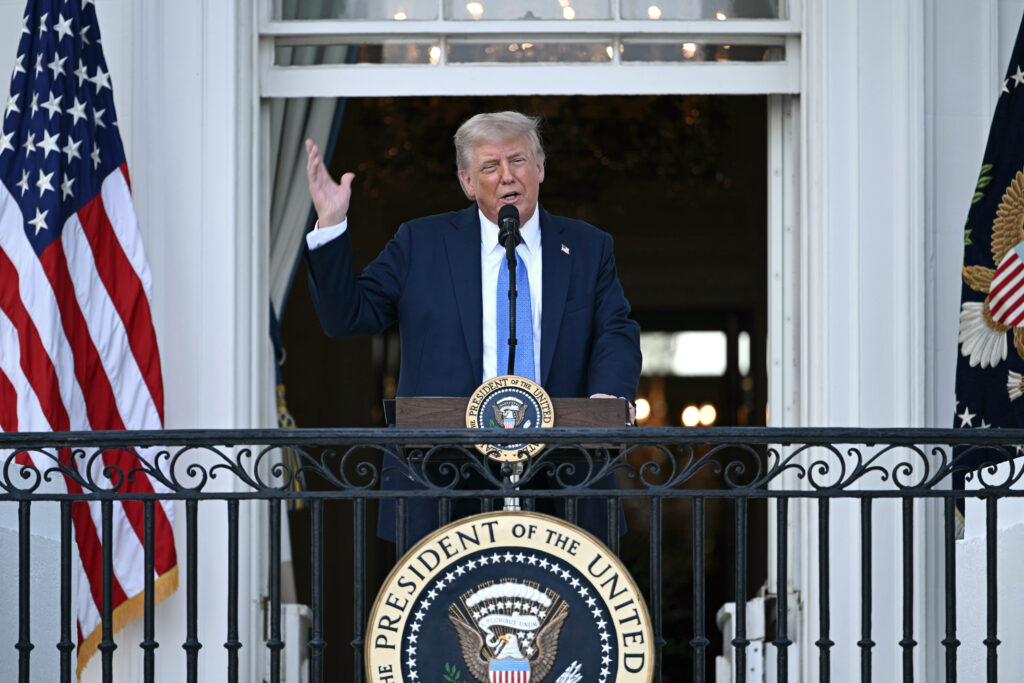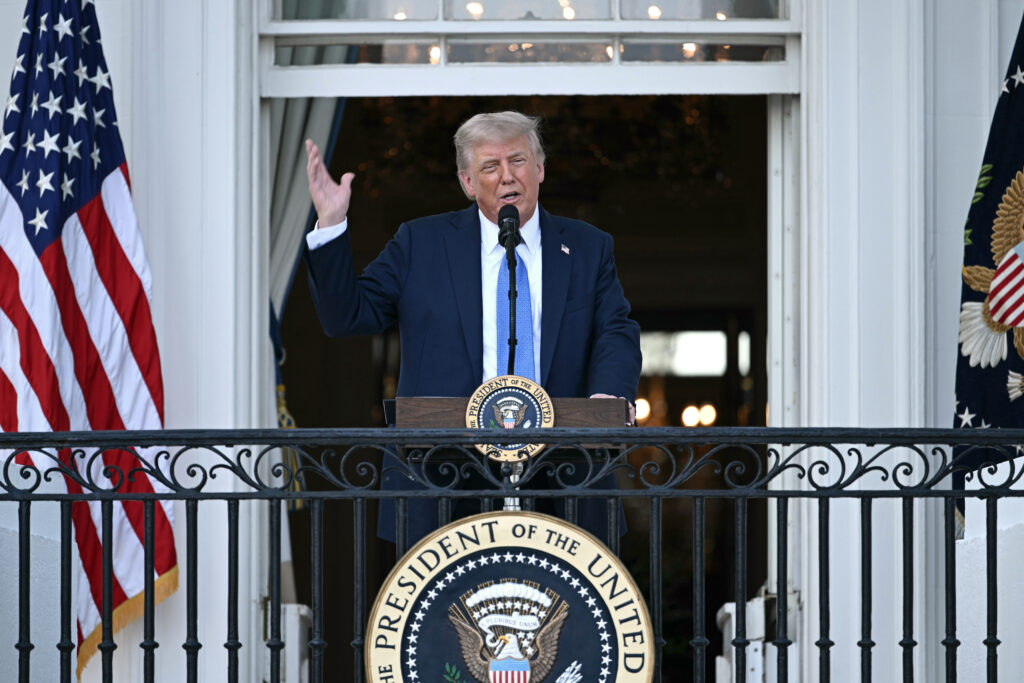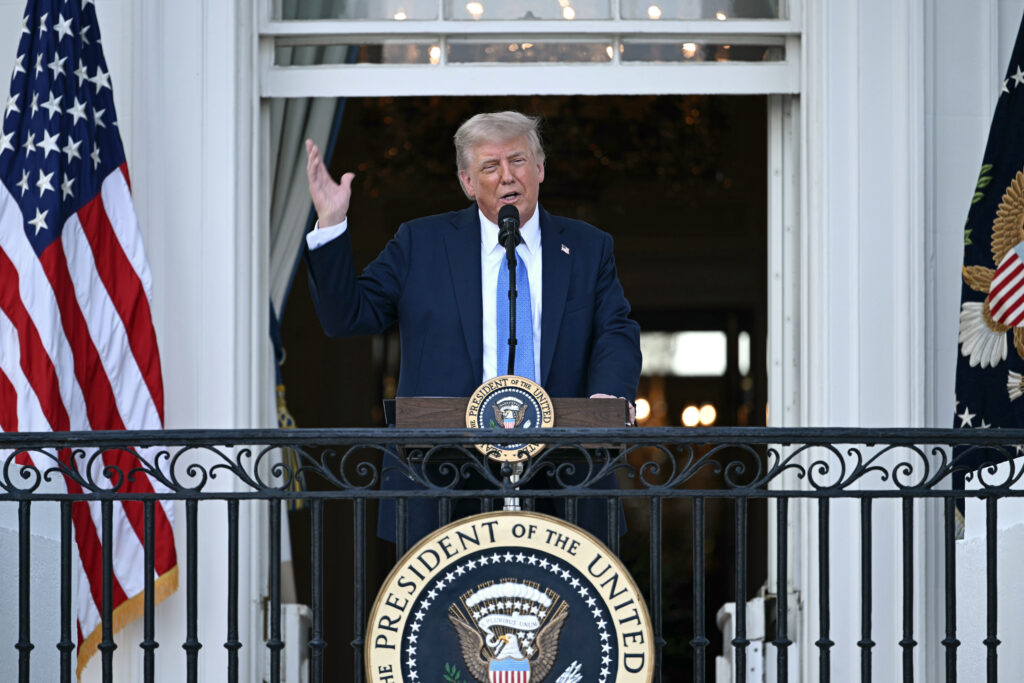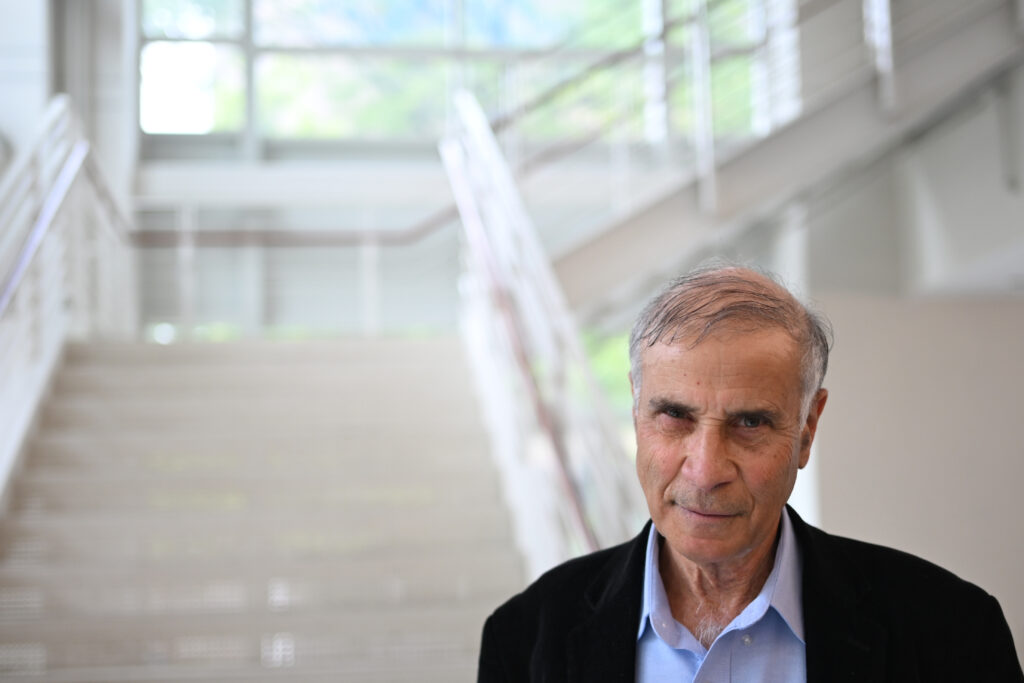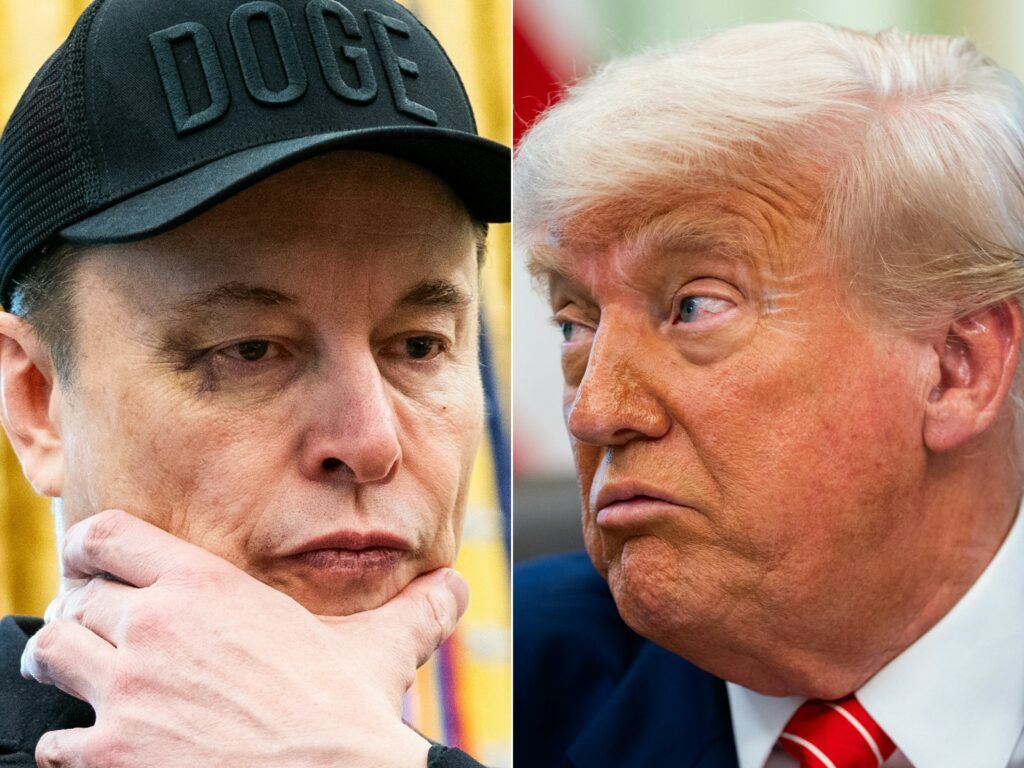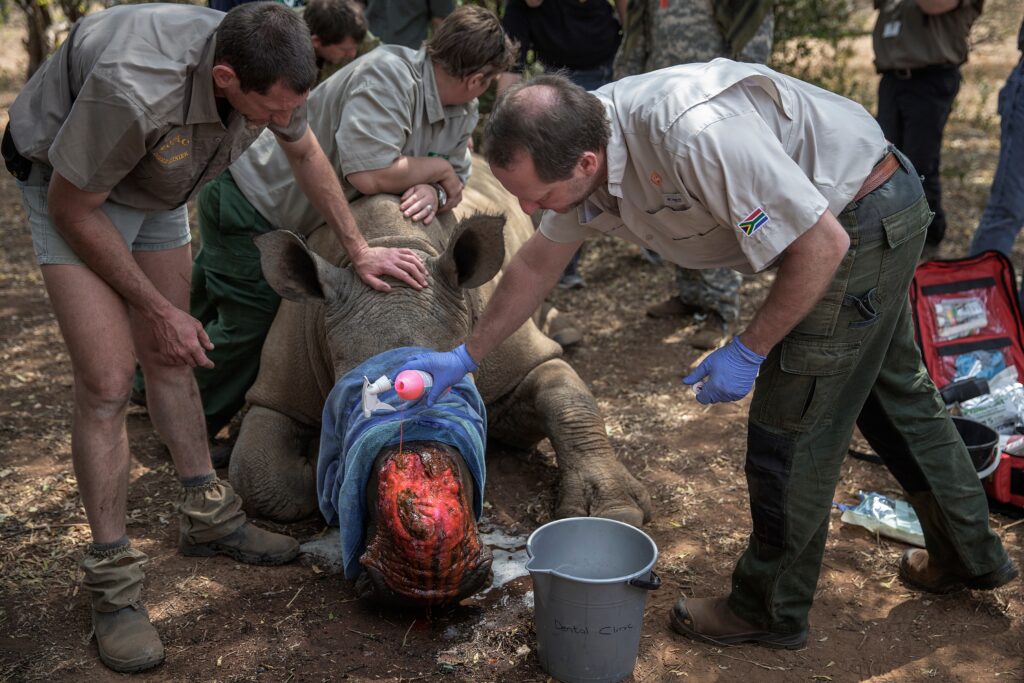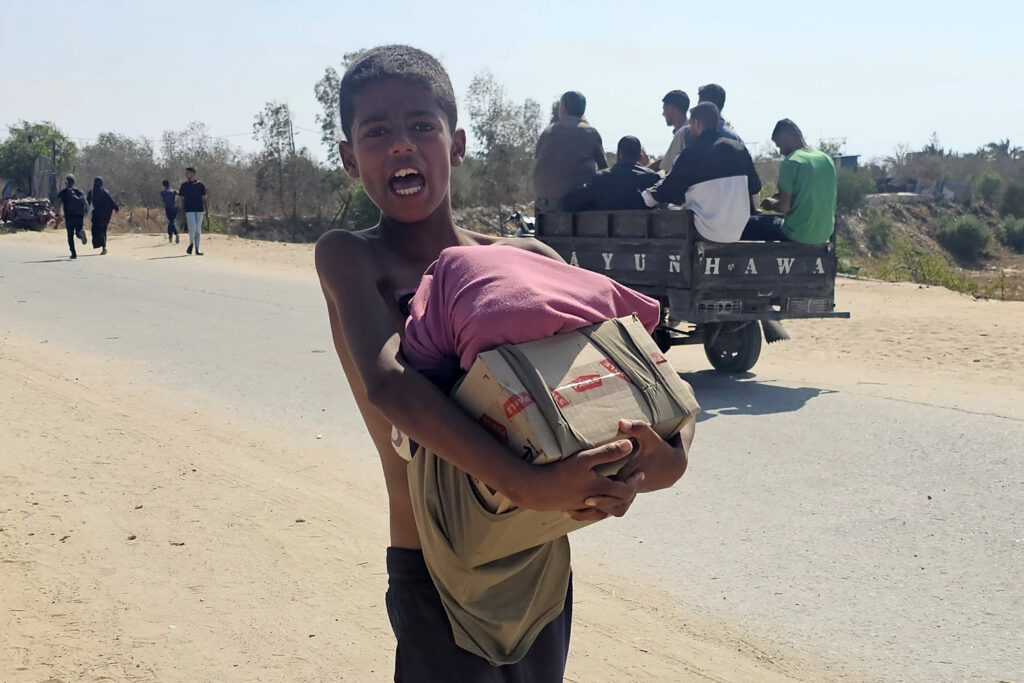Trump slaps new travel ban on 12 countries
US President Donald Trump has signed a travel ban on 12 mostly Middle Eastern and African countries, reviving a controversial measure from his first term expected to trigger a fresh wave of legal challenges.Trump said on Wednesday the measure was spurred by a makeshift flamethrower attack on a Jewish protest in Colorado that US authorities blamed on an Egyptian man they said was in the country illegally.The move bans all travel to the United States by nationals of Afghanistan, Myanmar, Chad, Congo-Brazzaville, Equatorial Guinea, Eritrea, Haiti, Iran, Libya, Somalia, Sudan and Yemen, according to the White House.Trump also imposed a partial ban on travelers from seven other countries: Burundi, Cuba, Laos, Sierra Leone, Togo, Turkmenistan and Venezuela. Some temporary work visas from those countries will be allowed.”The recent terror attack in Boulder, Colorado, has underscored the extreme dangers posed to our country by the entry of foreign nationals who are not properly vetted,” Trump said in a video message posted on social media platform X.”We don’t want them.”- World Cup, Olympics, diplomats excluded -The ban will not apply to athletes competing in the 2026 World Cup, which the United States is co-hosting with Canada and Mexico, as well as the 2028 Los Angeles Olympics, Trump’s order said.Nor will it apply to diplomats from the targeted countries, according to the spokesman of the secretary-general of the United Nations headquartered in New York.”As we’ve said before, whatever system is put in place (should be) one that respects people’s human dignity,” said Stephane Dujarric, who added it was for individual countries to determine how to control their borders.UN rights chief Volker Turk warned that “the broad and sweeping nature of the new travel ban raises concerns from the perspective of international law.” And Amnesty International USA called the ban “discriminatory, racist, and downright cruel.”Venezuelan President Nicolas Maduro meanwhile claimed Trump was being “poisoned” by “lies” about his country, while Interior Minister Diosdado Cabello warned that it was the United States that posed a risk to visitors from Venezuela and elsewhere.With seven of the 12 countries banned from Africa, the African Union said the move would harm “people-to-people ties, education exchange, commercial engagement, and broader diplomatic relations” and urged “constructive dialog.”Yemen’s internationally recognised government urged Washington to “reconsider” the travel ban, or to at least exempt Yemeni citizens “in recognition of the difficult humanitarian conditions” in the war-ravaged country.In Myanmar, one student affected by the ban only got her US study visa two days ago and said it would hit many young people’s dreams of escaping oppression.”We don’t really have life here, and people want to escape to a country where we can breathe, we can walk, we can study,” she told AFP from Yangon.In Haiti, Pierre Esperance, a human rights activist in the capital Port-au-Prince, warned that following the decision, the impoverished and violence-hit country “will be further isolated.”The ban could yet face legal challenges, as have many of the drastic measures Trump has taken since his whirlwind return to office in January.- ‘Terrorists’ -Rumors of a new Trump travel ban had circulated following the fire attack on Jewish protesters in Colorado, with his administration vowing to pursue “terrorists” living in the United States on visas.US officials said suspect Mohamed Sabry Soliman, an Egyptian national according to court documents, was in the country illegally having overstayed a tourist visa, but that he had applied for asylum in September 2022.Trump gave specific reasons for each country facing travel restrictions — a list that notably did not include Egypt — insisting the move aimed to protect the United States from “foreign terrorists and other national security” threats.His proclamation said Taliban-ruled Afghanistan and war-torn Libya, Sudan, Somalia and Yemen lacked “competent” central authorities for processing passports and vetting.Iran, with which the United States is in negotiations on a possible nuclear deal, was included because it is a “state sponsor of terrorism,” the order said.For most of the other countries, Trump’s order cited an above-average likelihood that people would overstay their visas.dk-burs/gw/bjt/sla
